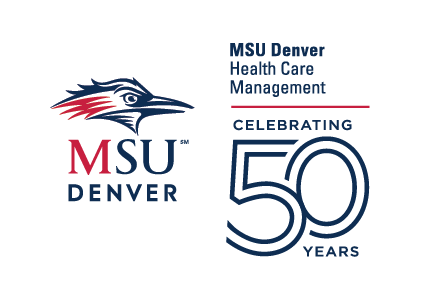Welcome to the Department of Health Professions
Welcome to the Department of Health Professions (HEP) website. For 50 Years and counting, our Faculty and Staff have been preparing students for the Health Care industry.
The Department of Health Professions focuses on three broad areas of Health Care education, each with its own distinctive pathways and opportunities. They are:
- Aging Services Leadership
- Health Care Management
- Integrative Health / Lifestyle Medicine
- Public Health
Visit our HEP Programs to explore each opportunity.




Donate to HEP Today!
Invest in the future of Health Profession students.
Book an appointment to learn more!
Book an appointmentApply now!
Apply nowRequest information about our programs
Request more informationCall or Email Us
303-615-1200
[email protected]
Visit Us
Our office is currently working remote and does not have an on-campus location. To set up a virtual or in person advising appointment, please “Book an Appointment” or email us at [email protected] .
Mailing Address
Department of Health Professions
Metropolitan State University of Denver
Campus Box 33, PO Box 173362
Denver, CO 80217-3362

